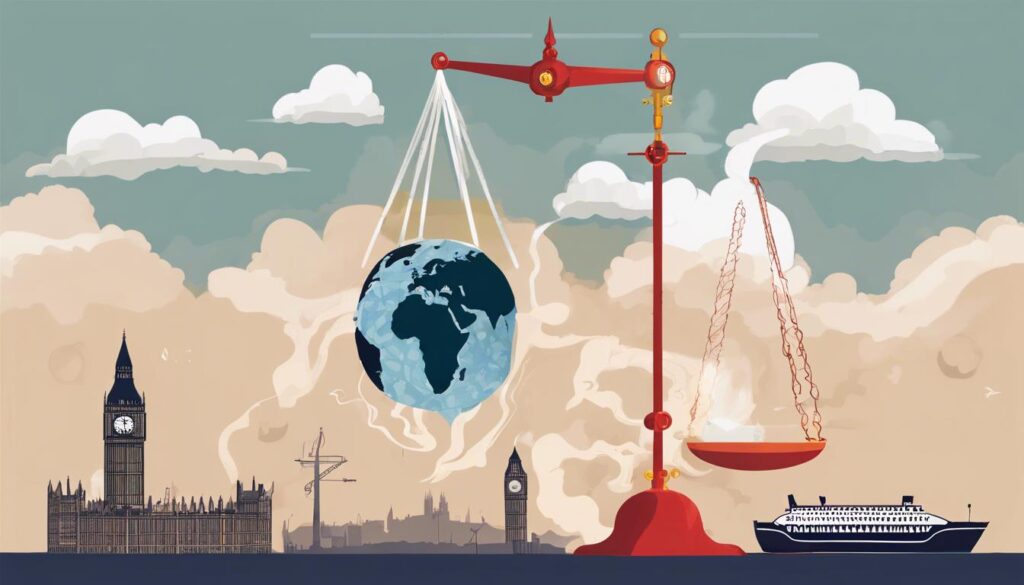The UK government’s move to build new gas power plants post-2030 faces backlash for potentially conflicting with its 2050 net-zero target, amid broader criticisms of North Sea nations’ oil and gas strategies.
The UK government’s plan to construct new gas power plants beyond 2030 has sparked controversy, drawing criticism over potential contradictions with its net-zero carbon emissions target by 2050. This decision is aimed at bolstering energy security and preventing potential blackouts, according to Prime Minister Rishi Sunak, who emphasized the importance of reliable energy supplies. However, critics, including energy analyst Jess Ralston and opposition parties such as Labour and the Liberal Democrats, argue that this approach may lead to increased dependency on foreign gas, higher energy bills, and challenges in transitioning to clean energy.
The criticism extends beyond the UK, with a report from Oil Change International indicating that major North Sea countries—including the UK, Germany, the Netherlands, Norway, and Denmark—are not on track to halt oil and gas drilling in time to meet the 1.5C global heating target set by the Paris agreement. Norway and the UK, in particular, have been singled out for their aggressive exploration of new oil and gas fields, contrary to the International Energy Agency’s stance that new exploration is incompatible with a net-zero emissions pathway.
Denmark received some praise for setting an end date for oil and gas production and significantly reducing output over the past five years. However, the report calls for all implicated countries to urgently align their oil and gas policies with climate commitments to avoid undermining global climate goals. The UK Department for Energy Security and Net Zero defends its stance by suggesting that new licences are expected to result in a faster decline in domestic production. Meanwhile, climate ministries in Denmark and Germany express continued commitment to a fossil fuel transition, though with varied approaches to oil and gas production. The Dutch climate ministry did not provide a comment on the issue.


